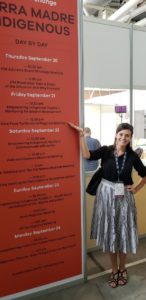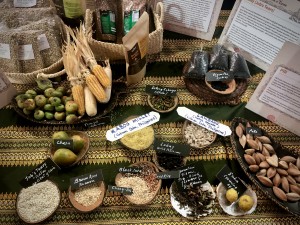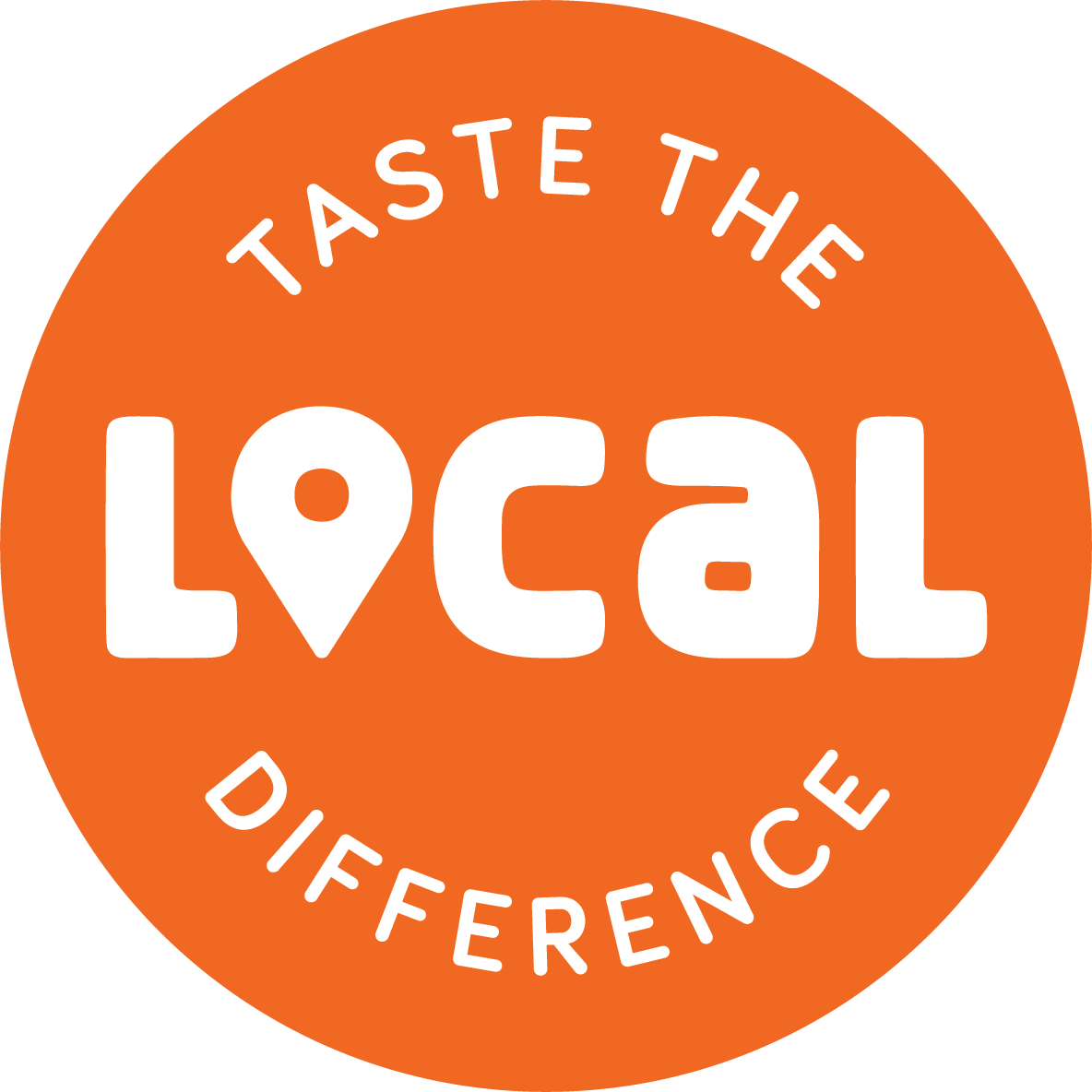Every other year, in late September, the northwestern Piedmont region of Italy transforms into the town square for the global Slow Food movement’s gathering, Terra Madre. In the bustling city of Turin, thousands gather to share their passion for good, clean, and fair food—slow food.
 This year, I had the honor of attending Terra Madre as a delegate with the Slow Food Turtle Island Association—a unique slow food group formed by indigenous people of North America. I am beyond grateful to have had an opportunity to share the work of Sacred Roots, a project I coordinate in Detroit centered around revitalizing ancestral foodways. Furthermore, it was an honor to help represent the rich cultures and exquisite pre-colonial foods of this continent on a global platform.
This year, I had the honor of attending Terra Madre as a delegate with the Slow Food Turtle Island Association—a unique slow food group formed by indigenous people of North America. I am beyond grateful to have had an opportunity to share the work of Sacred Roots, a project I coordinate in Detroit centered around revitalizing ancestral foodways. Furthermore, it was an honor to help represent the rich cultures and exquisite pre-colonial foods of this continent on a global platform.
This event—equal parts food exhibition, conference, and culinary celebration— in all honesty is a bit hard to put into words. Walking into the event center, coming face to face with the food cultures of over a hundred nations, was awe-inspiring. The diversity of people and flavors was a feast for the senses. Each individual exhibitor brought a unique and delightful experience, and the contrasts between their cultures and products made their particular stories stand out all the more.
In addition to sharing my work at the Turtle Island booth, I was invited to participate in the inaugural meetings for the Indigenous Youth Network. For three days, approximately 40 young leaders shared personal stories, flavors of their local food cultures, and the wisdom of their home communities. With the assistance of translators, we participated in deep discussions around issues of land grabbing, strategies to protect biodiversity, and the need to uplift indigenous voices and human rights. One might say that the conference portion of Terra Madre could be called the United Nations for food.
In local and international affairs, indigenous people are often a forgotten or invisible people—and because of that fact, they experience some of the greatest loss and bear some of the heaviest burdens of our food systems. Sitting among such strong and beautiful people, I heard many iterations of a familiar narrative: rapidly losing homeland that they have ancestral and spiritual connection to, leaders being targeted for opposing violent multinational corporations, and working endlessly to defend their right to clean water and their way of life. Yet indigenous people of the  world have been fighting these battles for a long time—not just for ourselves and our descendants, but for yours as well. We know that our lives are more joyous and just when we stand in solidarity with one another.
world have been fighting these battles for a long time—not just for ourselves and our descendants, but for yours as well. We know that our lives are more joyous and just when we stand in solidarity with one another.
It’s a similar painful story, resilient spirit, and vision that motivates my work each day.
Joining the Slow Food movement doesn’t require you to take on more work or do anything different necessarily; it does however ask that you recognize that the struggles we all face and our futures are interconnected, and it beckons us to protect the diversity we celebrate. And it is here at Terra Madre where that joy and justice of food meet.
Shiloh Maples is the Program Manager for Food Sovereignty & Wellness Initiatives at American Indian Health & Family Services in southwest Detroit. She has a passion for heritage foods and strives to preserve them by sharing recipes, stories, and saving seeds. Learn more about her organization at www.aihfs.org
